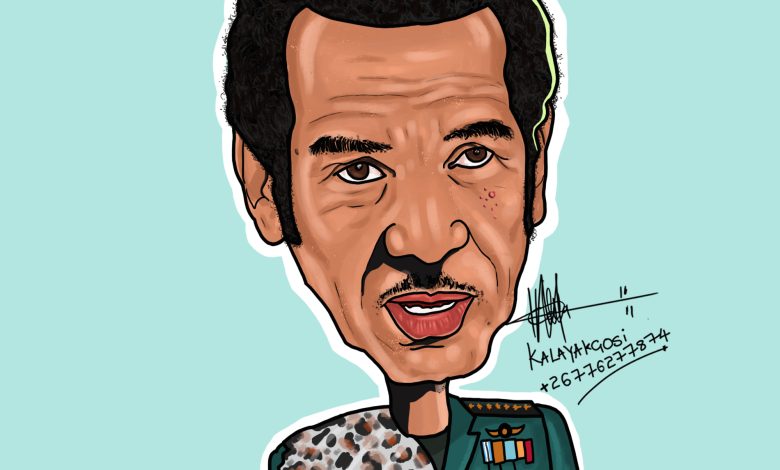Ian Khama’s Rhodesia Remarks Rejected: Zimbabwe’s Achievements Tell a Different Story

Former Botswana President Ian Khama’s recent remarks comparing Zimbabwe unfavourably to Ian Smith’s Rhodesia have sparked widespread outrage across the Southern African region. Labelling Zimbabwe a “failed state” and romanticising a brutal colonial past betrays a shocking disregard for both historical truth and Zimbabwe’s hard-won progress since independence in 1980.
A Statesman Gone Rogue
Khama’s conduct in recent years has starkly diverged from the expected statesmanship associated with former African leaders. Unlike revered figures such as Tanzania’s Jakaya Kikwete, South Africa’s Thabo Mbeki, Mozambique’s Joaquim Chissano, or Nigeria’s Olusegun Obasanjo—who continue to champion peace and unity across the continent—Khama has aligned himself with opposition movements, often appearing to stoke tensions in neighbouring countries.
His recent denial of entry into Angola alongside other regional opposition figures speaks volumes. It reflects growing regional concern over his increasingly divisive behaviour. Rather than advancing African unity and development, Khama has sadly become a disruptive voice, far removed from the principles of Pan-African leadership.
Romanticising Rhodesia: A Dangerous Narrative
Khama’s nostalgia for Rhodesia whitewashes the brutal reality of that regime. Ian Smith’s Rhodesia was a bastion of white minority rule, founded on racial segregation, dispossession, and systemic oppression. It was a regime that denied the majority of Zimbabweans their fundamental rights—political, economic, and social.
By contrast, Zimbabwe’s post-independence government embarked on bold reforms to redress colonial injustices. Chief among them was the land reform programme—a world-first in scale and scope. Where 3,000 white farmers once monopolised arable land, over 300,000 indigenous Zimbabwean families now reside and farm on that land, marking a powerful step toward economic sovereignty and social justice.
Progress Amidst Adversity
Despite enduring nearly 25 years of punitive and illegal Western sanctions designed to cripple its economy, Zimbabwe has made undeniable progress:
- Education: Zimbabwe boasts one of the highest literacy rates in Africa, a reflection of decades of investment in public education.
- Healthcare: Significant strides have been made in expanding access to healthcare, particularly in rural areas.
- Infrastructure: From road networks to digital connectivity, development projects continue across provinces.
- Regional Engagement: Zimbabwe has consistently participated in peacekeeping efforts and regional initiatives through SADC and the African Union.
To label such a nation a “failed state” is not only grossly misleading but also deeply insulting to the millions of Zimbabweans who have worked tirelessly to build a better future.
A Call for Constructive Leadership
Rather than undermining Zimbabwe, Khama and others should celebrate Africa’s post-colonial progress and support ongoing efforts at self-determination, inclusive development, and regional integration. Zimbabwe’s story is one of resilience, not ruin.
Conclusion: Facts Over Fiction
Ian Khama’s attempt to rewrite history and undermine Zimbabwe’s sovereignty is both dangerous and disingenuous. While challenges remain, the Zimbabwean people have demonstrated unmatched resilience and resolve in their journey toward inclusive growth and national pride.
It is time for Africa—and the world—to reject narratives that glorify colonial oppression and instead acknowledge the hard-earned victories of African nations like Zimbabwe.

